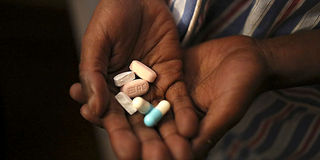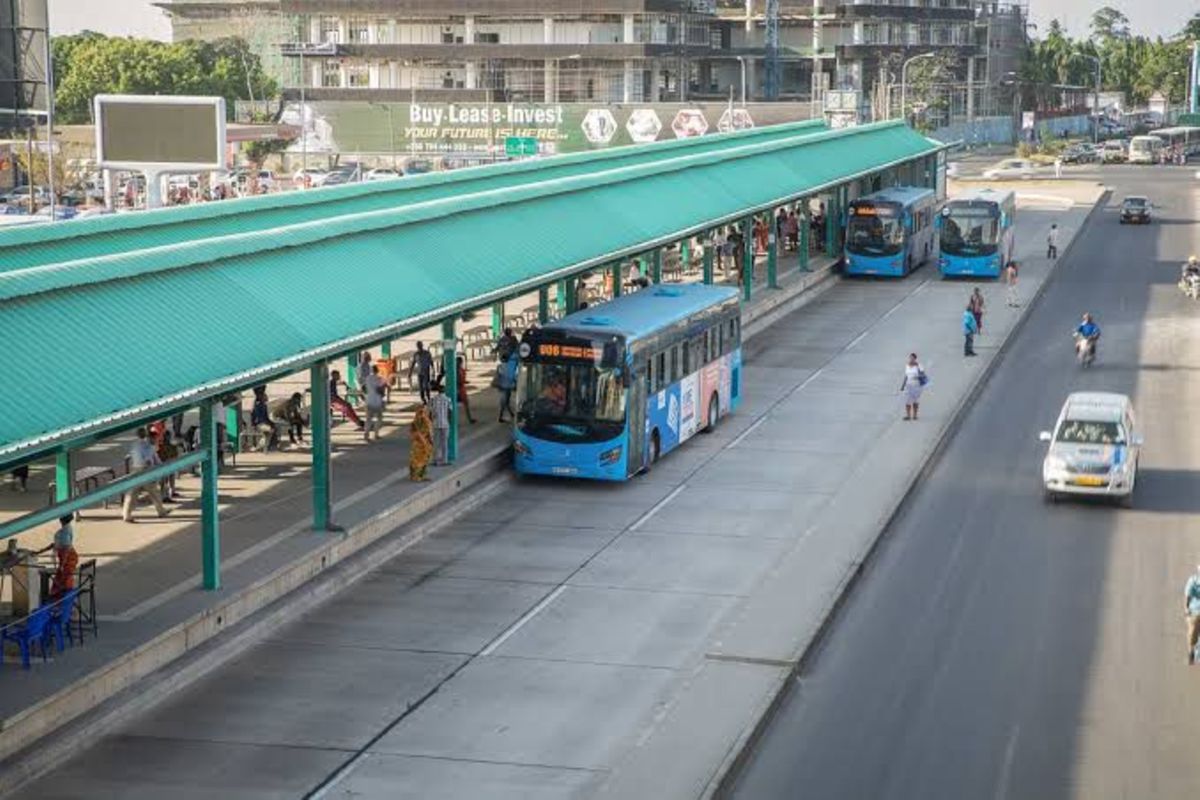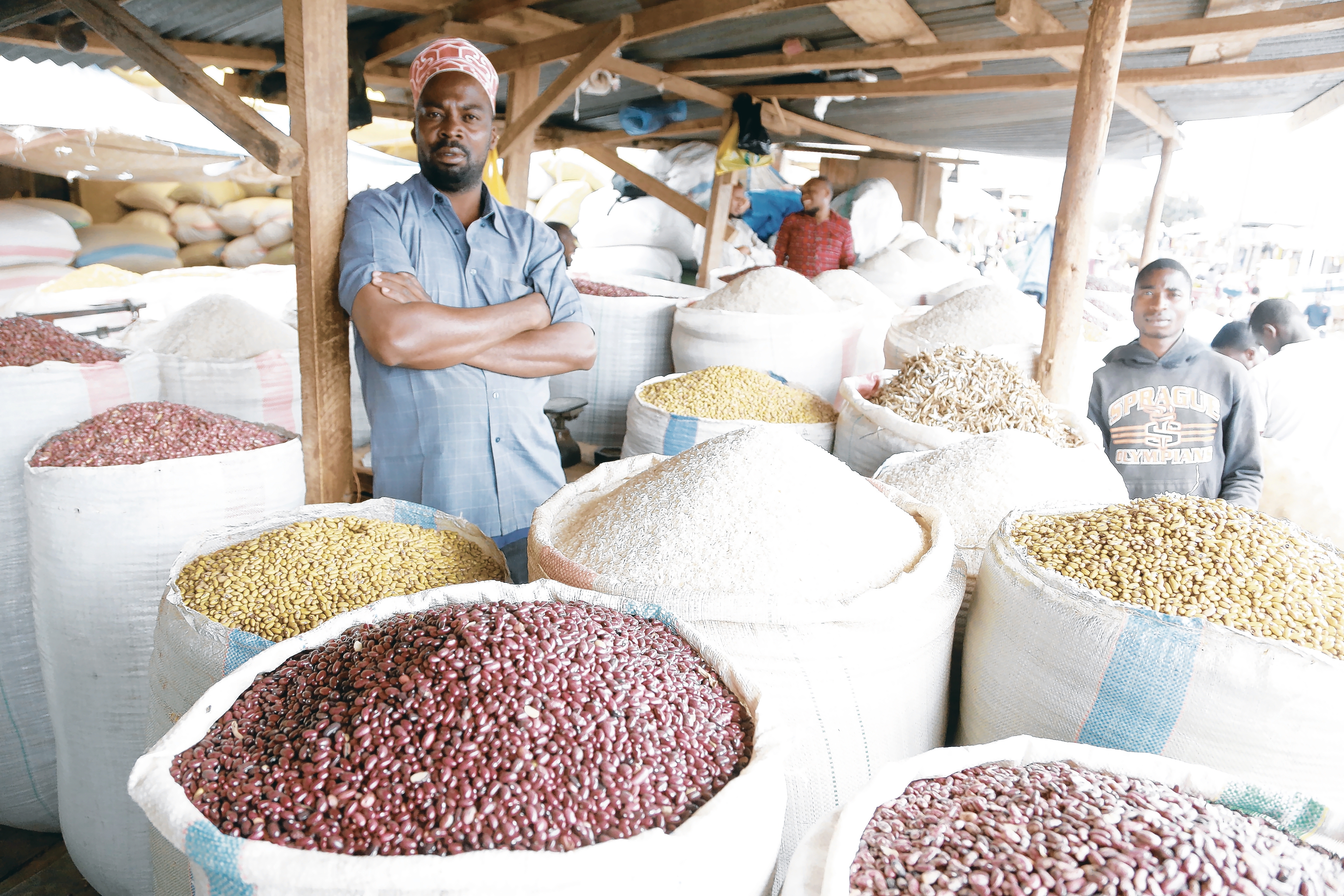Embrace technology to treat people according their genetics, call

What you need to know:
- According to the new drug manufacturing technology, there are drugs that enable the patient to be treated for the type of disease he or has even if he has developed drug resistance.
Dar es Salaam. Pharmacists have reiterated the need for technological reforms in the distribution of drugs based on the patient's genetics to fight drug resistance that is currently plaguing the world.
According to the new drug manufacturing technology, there are drugs that enable the patient to be treated for the type of disease he or has even if he has developed drug resistance.
The call was made on Saturday July 16, at the 10th African Pharmaceutical Symposium (AfPS) under the theme "Pharmaceutical evolution in the era of technological advancement, the present and the future" and brought together the students in the cadre from 13 African countries.
The chairperson of the Tanzania Pharmaceutical Students Association (TAPSA), Ms Arafa Khamis, said that most patients use drugs without following the procedures prescribed by the doctor or pharmacist and in the end create drug resistance.
"If we make medicine according to the current technology and since many people are resistant to it, then we can treat people with any type of disease and get positive results whether they are resistant to the medicine or not,” she said.
Right now, she said there were many companies manufacturing drugs abroad, and Tanzania was mostly importing, yet most of the pharmacists do not know such a technology, they are still using the same drugs even patients show resistance.
"It is important for the government to train them and if they could make medicine according to new technology, we would succeed in fighting resistance," she further noted.
Media and publication officer at TAPSA, Isack Nyaimaga called on the government to improve access to friendly infrastructure that will enable pharmacists to manufacture drugs in the country using new technology.
This, he said, will reduce the importation of drugs from abroad and bring development and employment to pharmacists in the country.
"We expect this cadre to be used in manufacturing medicines that will treat people according to their genetics using technology, if you are told that this medicine has failed according to certain genetics, the alternatives should be available," he said.
For her part, Ms Fiona Chilunda, the senior drug advisor from the Health Promotion and System Strengthening (HPSS) Tuimarise Afya Project asked the government to increase the number of pharmacists in health centres in order to enhance proper use of drugs in the country and bring the real value of the drug budget set every fiscal year.
She said that currently there are many pharmacists produced in the country (without mentioning the statistics) so they can meet the needs of the country.
"The government should increase its capacity for pharmacists, every year the government adds a large amount of money to the drug budget, I want them to think about how to increase the staff of this cadre so that the drugs are used correctly. We need to have enough of them in all areas of health services," said Ms Chilunda.




